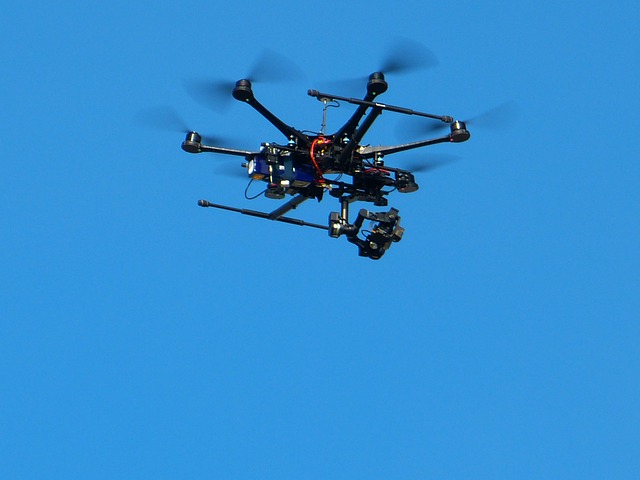Anduril Uses AI To Secure Borders

Virtual reality wunderkind Palmer Luckey has had a checkered past. He was responsible for setting up Oculus and selling it to Facebook. But soon after, he was involved in the controversy involving trade secret violations surrounding the development of Oculus. That was soon followed by news of his political donations for anti-Hilary campaigns. While there is no confirmation, there is strong belief that his political beliefs were the cause for his exit from Facebook.
Anduril’s Offerings
After leaving Facebook, Palmer Luckey joined hands with Brian Schimpf, Joseph Chen, Matt Grimm, and Trae Stephens to set up AI-based defense solutions provider Anduril Technologies. Anduril was set up with the mission of reimagining the approach to defense. The company wanted to build a defense solution that was less complex and less expensive while delivering the required results.
It applies AI technologies in real-world field conditions to empower Sentry Towers and other border patrolling tools with the ability to actively disrupt criminal cartels and protect military bases. It offers three key products – Sentry Tower, Ghost UAS, and the Lattice AI Platform.
The Sentry Tower is a watchtower built to detect and track threats across large areas. Traditionally, watch towers have relied on deploying more people to monitor security cameras across the border. Sentry Tower instead handles the task of detecting people, vehicles or animals and eliminates the need to add more staff to monitor and secure a location.
The Ghost UAS is Anduril’s autonomous, single rotor, long-endurance, high speed, drone that combines point-and-click autonomous operation with the capabilities of a helicopter. The drone can be controlled via a web or a mobile app.
Finally, the Lattice AI platform is a software and hardware system that uses AI, computer vision, and mesh networking to address defense-related issues. It integrates Anduril hardware and third-party sensors into a single operational platform, thus allowing Sentry Towers, drones, and other related devices to work together as a seamless networked system.
Anduril has managed to secure federal contracts for its products. It is currently building a virtual wall on the US-Mexico border. The company has also secured defense contracts from the Marine Corps to provide autonomous surveillance counter-intrusion capabilities at four of its bases.
Anduril’s Financials
Anduril has been privately held and does not disclose its funding or financial details. The company secured funding in September this year from Andreessen Horowitz in a round that valued it at over $1 billion. Prior to this round, Anduril had raised $41 million from the Founders Fund at an undisclosed valuation.
Anduril is not the only player in the space. It faces competition from the likes of Boeing that is using fencing, vehicle barriers, radar, satellite phones, computer-equipped border control vehicles, underground sensors, 98-foot tall towers with high-powered cameras, and unmanned aerial vehicles to build a virtual border fence. Known as Project 28, Boeing’s mission involves keeping smugglers at bay from a 28-mile stretch in Arizona.
Anduril believes that AI-based technologies will be able to undercut the price of a traditional border wall by substantial margins. The present government’s focus on securing the international borders is also helping its growth.
Sramana Mitra is the founder of One Million by One Million (1M/1M), a global virtual incubator that aims to help one million entrepreneurs ...
more


